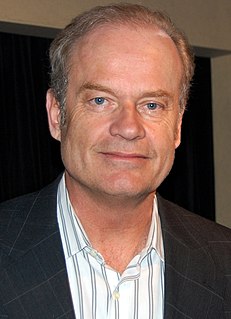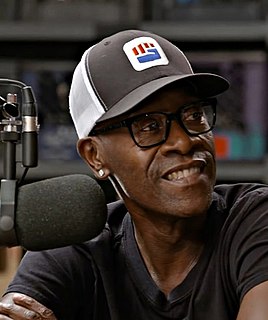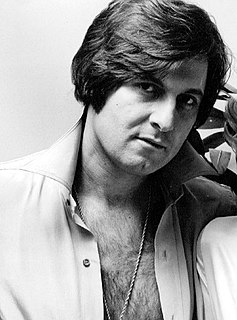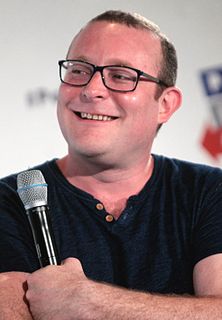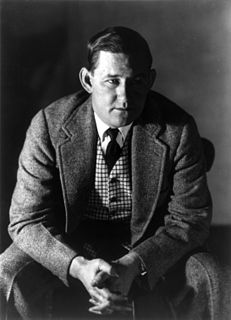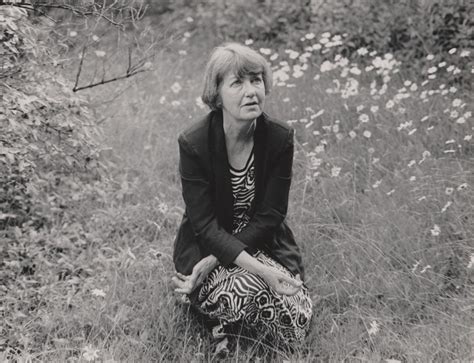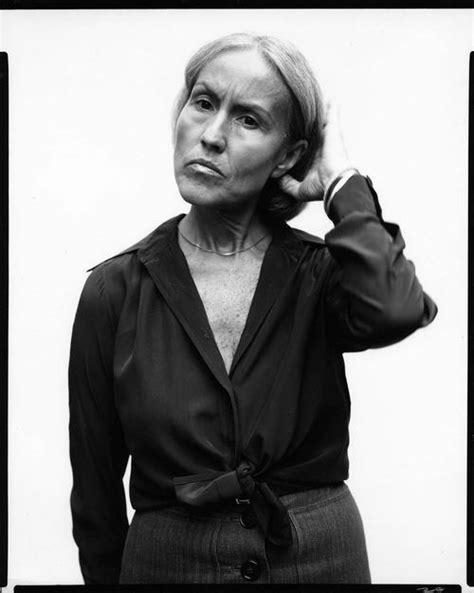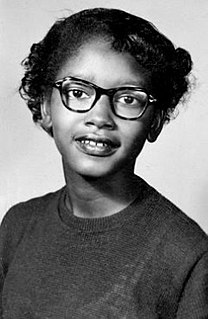A Quote by Langston Hughes
My chief literary influences have been Paul Laurence Dunbar, Carl Sandburg, and Walt Whitman. My favorite public figures include Jimmy Durante, Marlene Dietrich, Mary McLeod Bethune, Mrs. Franklin D. Roosevelt, Marian Anderson, and Henry Armstrong.
Related Quotes
I'm trying to steal from everybody. So yeah, there's cats that I'm personally affiliated with - Carl Franklin, Paul Thomas Anderson - and others that I don't know personally but their work I'm a big admirer of, like Martin Scorsese. But I'm hoping to come up with a language that is mine, that's specific to my take on this material.
Eleanor Roosevelt fights for an anti-lynch law with the NAACP, with Walter White and Mary McLeod Bethune. And she begs FDR to say one word, say one word to prevent a filibuster or to end a filibuster. From '34 to '35 to '36 to '37 to '38, it comes up again and again, and FDR doesn't say one word. And the correspondence between them that we have, I mean, she says, "I cannot believe you're not going to say one word." And she writes to Walter White, "I've asked FDR to say one word. Perhaps he will." But he doesn't. And these become very bitter disagreements.
My prose style at this time was a stomach-twisting blend of the Bible, Carl Sandburg, H.L. Mencken, Jeffrey Farnol, Christopher Morley, Samuel Pepys, and Franklin Pierce Adams imitating Samuel Pepys. I was quite apt to throw in a "bless the mark" at any spot, and to begin a sentence with "Lord" comma.
I think a lot of my interest in history now isn't so much in places and names and texts and public figures, but more in examining all the nuances and idiosyncrasies of particular stories of everyday people. And if that doesn't happen, then I usually transplant myself and my own stories to a particular historical event. Which is why you'll see me, the first person pronoun, interacting in a song about Carl Sandburg, or you'll find my [sic] interacting with Saul Bellow. It's sort of a re-rendering of history and making it my own.

